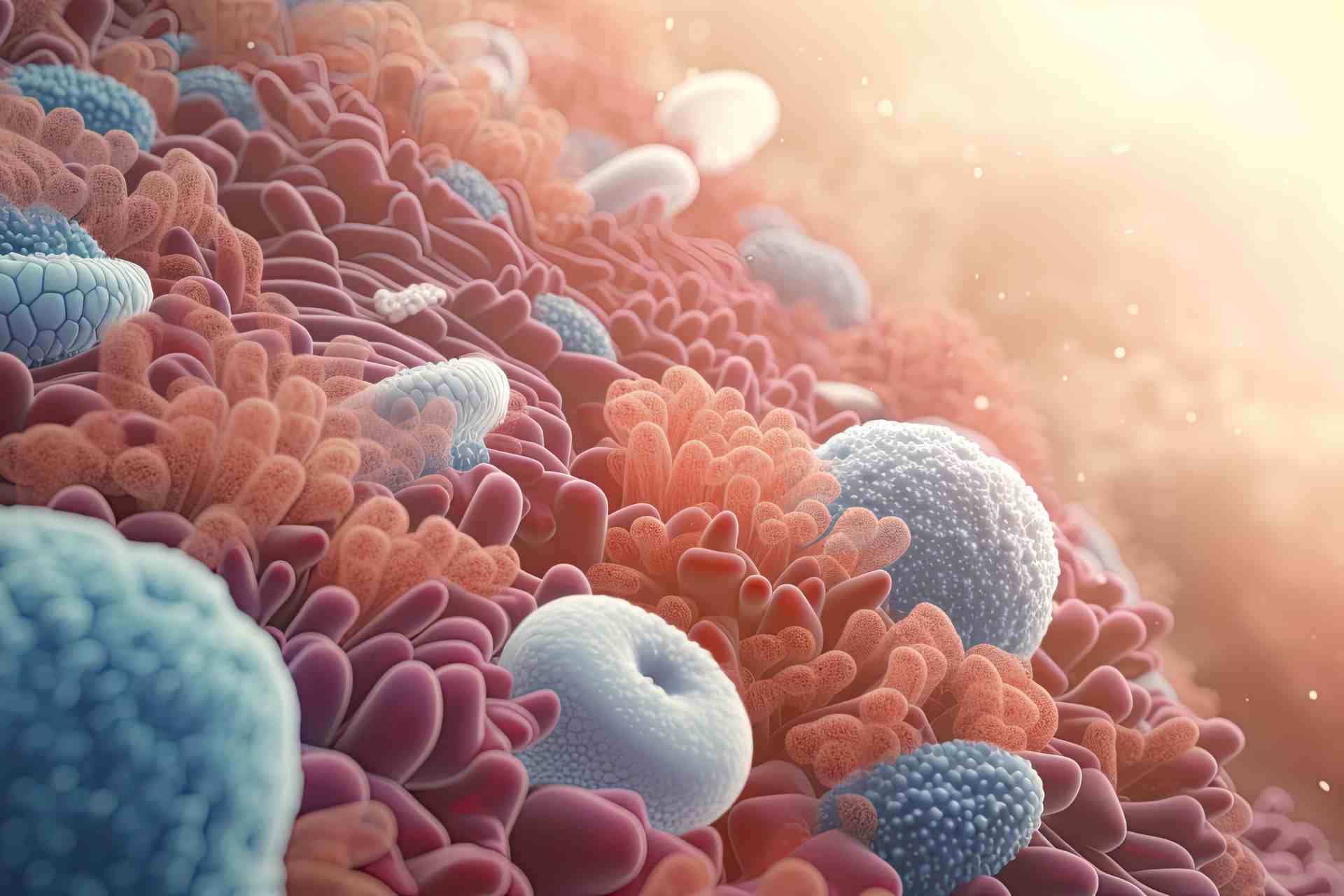What is already known
Human breast milk contains about 200 different sugars called human milk oligosaccharides (HMOs), which promote the growth of beneficial bacteria in the gut. Previous research has shown that a mixture of HMOs and Bifidobacterium longum subspecies infantis, a microbe found in the gut of nursing infants, led to the persistence, or ‘engraftment,’ of B. infantis in the gut of healthy adults.
What this research adds
Researchers conducted a clinical study in 56 healthy adults, 17 of whom received a five-day course of antibiotics along with B. infantis and HMOs for 28 days. These participants showed a successful engraftment of Bifidobacterium longum subspecies infantis in their guts compared with controls. Successful engraftment of B. infantis resulted in increased levels of metabolites indicatives of changes in microbial metabolism as well as higher abundances of Veillonella bacteria, which are known to produce compounds that are beneficial to human health. No serious adverse events were reported.
Conclusions
The findings suggest that a mixture of Bifidobacterium longum subspecies infantis and HMOs can modulate the gut microbiota in adults.
As many infectious, autoimmune and metabolic disorders are associated with an out-of-balance microbiota, researchers have been working on approaches to manipulate intestinal bacteria in patients. A small clinical trial now suggests that a mixture of human-milk sugars and a microbe found in the gut of nursing infants can modulate the gut microbiota in adults.
The findings, published in Cell Host & Microbe, may open the door to new approaches to reconstitute damaged microbiotas.
So far, researchers have developed therapies, called live biotherapeutic products, that persist in the recipient’s gut and lead to positive clinical outcomes such as minimizing the recurrence of Clostridioides difficile infection. Similar therapies are under investigation for the treatment of a wide variety of diseases. “While some of these attempts have been clinically successful, they have been quite crude and undefined, lacking in precision and reproducibility,” says study investigator Gregory McKenzie at Prolacta Bioscience in Duarte, California.
Scientists have known that human breast milk contains high concentrations of about 200 different sugars called human milk oligosaccharides (HMOs). These sugars are not metabolized as an energy source by infants, but they promote the growth of beneficial bacteria in the gut, including Bifidobacterium longum subspecies infantis (B. infantis). The levels of this microbe, which feeds on the HMOs in human breast milk, decline as infants are weaned.
McKenzie and his team have previously shown that a mixture of HMOs and B. infantis led to the persistence, or ‘engraftment,’ of B. infantis in the gut of healthy adults. To follow up on these findings, the researchers investigated a live biotherapeutic product based on HMOs and B. infantis in a small clinical study.
Modulating gut bacteria
The researchers recruited 56 healthy adults. Of those, 19 completed a five-day course of antibiotics with no other intervention, 17 received the same course of antibiotics along with B. infantis for 14 days, and 17 received antibiotic treatment along with B. infantis and HMOs for 28 days. The researchers collected stool and blood samples at set intervals for 35 days.
People who received both B. infantis and HMOs showed a successful engraftment of B. infantis in their guts compared with controls. No serious adverse events were reported.
When B. infantis was engrafted in the gut, the levels of other gut bacteria that do not rely on HMOs for energy also changed. For example, the levels of Veillonella bacteria, which feed on molecules produced by B. infantis, increased. Veillonella bacteria are known to produce short chain fatty acids and other metabolites that are beneficial to human health.
Successful engraftment of B. infantis also resulted in increased levels of metabolites indicatives of changes in microbial metabolism. These metabolites included molecules associated with biological processes including carbohydrate metabolism and lipid synthesis.
Restoring microbiotas
In experiments done on bacteria grown in a lab dish, the presence of B. infantis boosted Veillonella’s production of the short chain fatty acid propionate, which has been associated with beneficial health outcomes. However, the researchers didn’t observe significant changes in propionate levels in the stools and blood of participants who received both B. infantis and HMOs.
“These data suggest that local levels of propionate likely increased — at least transiently — in the gut of engrafted subjects,” the authors say.
In the future, the team plans to conduct a trial to evaluate the live biotherapeutic product based on HMOs and B. infantis in blood cancers patients who undergo stem cell transplant — a treatment that often results in disruptions in the gut microbiota, leaving individuals susceptible to opportunistic infections.









